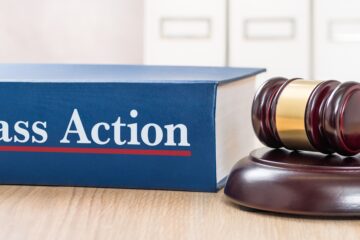
“The House of Delegates passed a resolution at the ABA Hybrid Annual Meeting on Tuesday urging Congress to amend the U.S. Bankruptcy Code to allow borrowers to discharge student loans without proving that repayment of the debt imposes an “undue hardship” on them or their dependents.
In introducing Resolution 512, Christopher Jennison, the Maryland State Bar Association delegate and Young Lawyers Division assembly speaker, said that “student debt is a real and present crisis.”
He pointed out that the Young Lawyers Division brought a previous resolution to the midyear meeting in February that urges Congress and the Executive Branch to develop and implement programs to help law students and graduates who are experiencing financial hardship because of their loan obligations. He told the House, which approved the resolution, to consider this measure as the next logical step.
“While there are other policy solutions to address the underlying cause of high student debt and the high cost of legal education, it is imperative to create a lifeline” for those lawyers who are now facing insurmountable student loan debt, Jennison said.
In 2019, more than 44 million borrowers owed more than $1.5 trillion in student loan debt, according to data from the Federal Reserve cited in the report accompanying the resolution. It was the second-highest consumer debt category, behind only mortgages.
Student loans were treated differently from other dischargeable debt after Congress passed the Education Amendments Act of 1976, which prohibited borrowers from discharging these types of loans in bankruptcy for the first five years of their repayment unless they could establish undue hardship.
The Student Loan Default Prevention Initiative Act of 1990 extended the student loan discharge exception to seven years and the Higher Education Amendments Act of 1998 amended the Bankruptcy Code so that federally guaranteed student loans could not be discharged at all unless the borrower could prove undue hardship.
Interpretation of what constitutes an undue hardship has fallen to the federal courts,
This article was originally posted in the ABA Journal.
To read the rest of the article click here.


